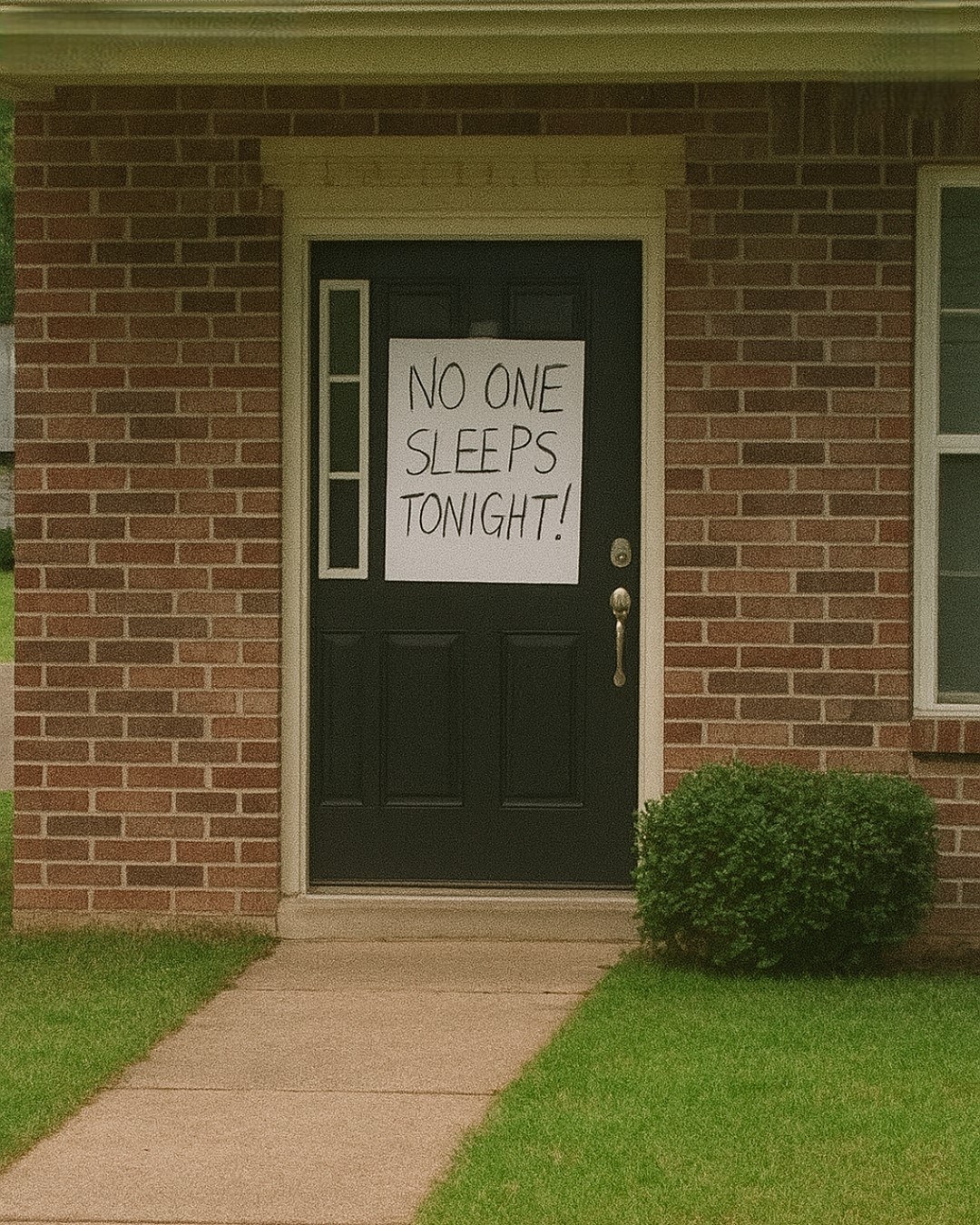The first weekend shattered the calm. Music thudded through the walls until five in the morning, the kind that made windows tremble. Mr. Adams sat in his recliner, weighing whether to complain. Before he could decide, a knock came. Linda Shaw from across the street, hair disheveled and eyes wild, stood on his porch with her toddler clinging to her leg. Her children hadn’t slept. She admitted she’d nearly called the police. Together, they agreed to collect signatures and push for intervention—through the HOA if not the city council.
On Monday, as another party geared up, Mr. Adams marched next door and rang the bell. A young man, beer in hand, grinned lazily and shrugged off the request to lower the music. “My dad’s the county sheriff,” he said, a challenge more than a fact. No patrol car ever showed up, and Mr. Adams understood exactly what that meant. But he wasn’t deterred. He and Linda canvassed every house on the street, clipboards in hand, gathering signatures while the music throbbed on. The students responded with mockery—hanging a banner from the porch that read “NO ONE SLEEPS TONIGHT” and partying through a thunderstorm with reckless glee.
Until the storm responded. Lightning arced through the sky and struck a nearby transformer, plunging the house into darkness. The speakers died mid-beat. Rain poured in sheets. Mr. Adams watched from his porch, coffee in hand, as the students stood in stunned silence. For the first time in days, the street was quiet.
The blackout lasted three days. During that pause, the complaint landed on the right desk at city hall. By the end of the week, a new noise ordinance was posted: no loud music after ten. The next time the students tried to test the boundaries, squad cars pulled up with flashing lights and firm warnings. The parties stopped. The banner came down.
And Mr. Adams finally slept through the night, the hush of his neighborhood restored. Lawn sprinklers resumed their early-morning rhythm, children giggled on tricycles, and windows stayed open again. The message was clear: it takes more than youth and volume to drown out a determined community. Respect had returned—not by force, but by the quiet power of people who refused to be ignored.

